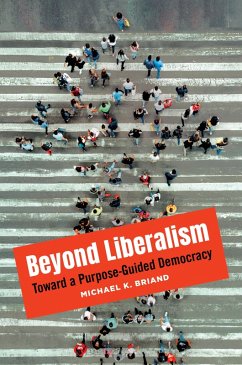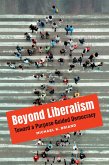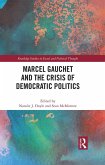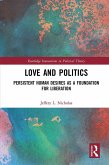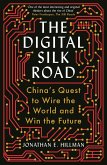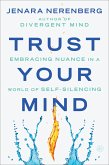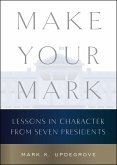This book shows how the United States can begin dealing with the most difficult and intractable political issues that afflict liberal democracy today: by initiating an inclusive public practice of ethical dialogue and deliberation.
Beyond Liberalism argues that there is a flaw in liberalism: the doctrine of individualism. Specifically, the defect consists in two distinct ideas: "atomism" and "subjectivism." These ideas underpin the "principle of freedom," which is our default method for making personal choices and resolving interpersonal disagreements but contains no standard for determining what might be worth doing, and hence no criteria for assigning relative priority to values in conflict.
Objective ethical judgments can be achieved, however, if we understand that, insofar as they support the fulfillment of empirically identified human needs, statements about good and bad are propositions of a factual nature. A conception of the good for human beings is implicit in the fulfillment of those needs. To articulate that conception, we need a constructive, productive public practice of ethical dialogue and deliberation. To build such a practice will require what amounts to a life of "ethical heroism." This book seeks to encourage that sort of life.
Beyond Liberalism argues that there is a flaw in liberalism: the doctrine of individualism. Specifically, the defect consists in two distinct ideas: "atomism" and "subjectivism." These ideas underpin the "principle of freedom," which is our default method for making personal choices and resolving interpersonal disagreements but contains no standard for determining what might be worth doing, and hence no criteria for assigning relative priority to values in conflict.
Objective ethical judgments can be achieved, however, if we understand that, insofar as they support the fulfillment of empirically identified human needs, statements about good and bad are propositions of a factual nature. A conception of the good for human beings is implicit in the fulfillment of those needs. To articulate that conception, we need a constructive, productive public practice of ethical dialogue and deliberation. To build such a practice will require what amounts to a life of "ethical heroism." This book seeks to encourage that sort of life.

